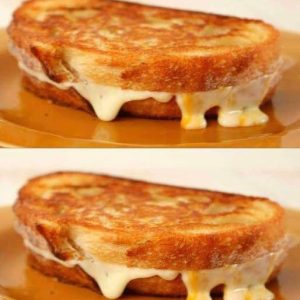Pickle Juice for Muscle Cramps: Myth or Medicine?
Muscle cramps often stem from dehydration, electrolyte imbalances, muscle fatigue, or nerve issues. Among various remedies, pickle juice has gained popularity—especially with athletes—for its quick relief.
How Does It Work?
Surprisingly, pickle juice doesn’t act by replenishing electrolytes instantly. Instead, research suggests its vinegar content stimulates nerve receptors in the mouth and throat, which interrupts the cramp signals to your muscles. This explains why relief can happen within seconds, faster than electrolyte absorption would allow.
How to Use It
Drink 2–3 ounces of pickle juice straight when a cramp hits. Many feel better within minutes. But because of its high sodium and acidity, use it sparingly, especially if you have high blood pressure or sensitive digestion.
Who Benefits Most?
-
Athletes prone to cramps during exercise
-
People suffering nighttime leg cramps
-
Those with occasional low sodium levels
Other Tips to Prevent Cramps
Stay hydrated, consume electrolyte drinks, stretch muscles, and consider magnesium or potassium-rich foods like bananas.
Cautions
Pickle juice’s salt and acidity can pose issues for some, so it’s not a cure-all.





